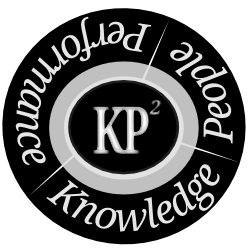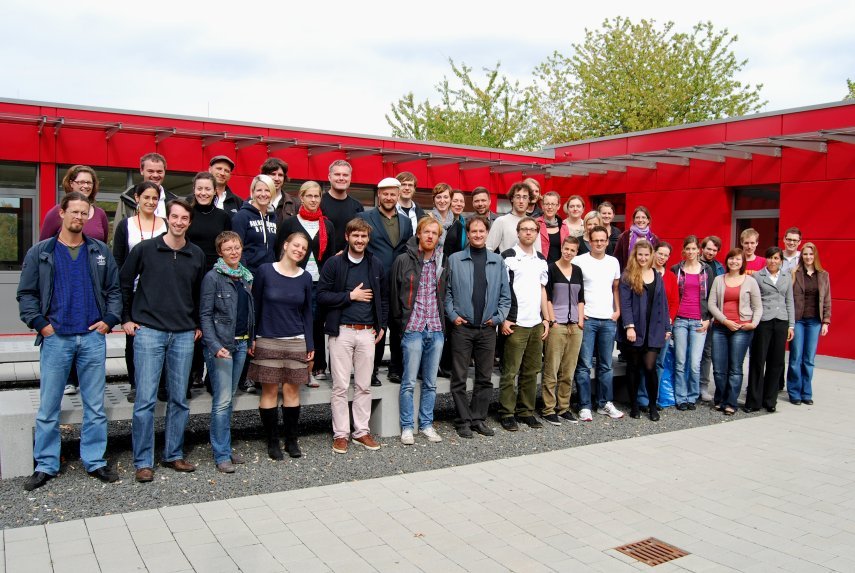Over the past years, I’ve frequently made use of mind maps, e.g., to plan projects while at the Canadian German Chamber of Industry and Commerce or for parts of my dissertation research. A little while ago, I’ve summarized the article by Eisenhardt (1989) on case study research in a mind map and included it in a blog post. However, I’ve only recently become aware of the mind map library on Biggerplate. It is a neat collection of mind maps across all popular software applications (for an overview, see here). Once registered, you can download the mind maps in their native format and adapt them to your individual needs. Continue reading On Mind Maps and @Biggerplate
Tag: software
Thoughts on the 5th Trier Summer School on Social Network Analysis #tsna
I spent most of last week at the 5th Trier Summer School on Social Network Analysis. I have to say that Markus Gamper, Andreas Herz and Richard Heidler were doing a great job as lecturers and convenors of the workshops. John Padgett from the University of Chicago held an inspiring keynote speech on the first night talking about his enduring work on the Medici.
The first two days were filled with theory (an excellent, extensive reading list was provided prior to the course), the last 3.5 days were practical training with real data using different types of software, namely Pajek, Gephi, Vennmaker and R. While I was already familiar with a number of the readings and concepts discussed, the use of the different software tools for data entry, visualization and analysis was still new to me. Although we discussed a number of interesting data sets, the most entertaining one was the network of Richard’s wedding party where people were seated at tables based on friendship cliques. I guess you can tell that Richard treasures his profession and discipline 😉
The most valuable bit of the week was probably a session that could best be translated as ‘research consultancy’. Everyone had the chance to submit their project proposals by the beginning of the summer in order to have them reviewed by the researchers listed above. I have had some feedback on my work from colleagues in my discipline when attending the AOM2011, however the summer school was a great chance to collect more ideas in methodological terms. Richard made me aware of the use of R for generating stochastic models of networks and conducting significance tests, for example.
Throughout the week I paid closer (than usual) attention to the #SNA hashtag on Twitter and discovered a few interesting posts. There is an active Gephi community in Berlin. Furthermore, I discovered niche sites for SNA in historical research and SNA in organizational research. Last but not least, I came across a new tool for managerial network analysis called Socilyzer.


